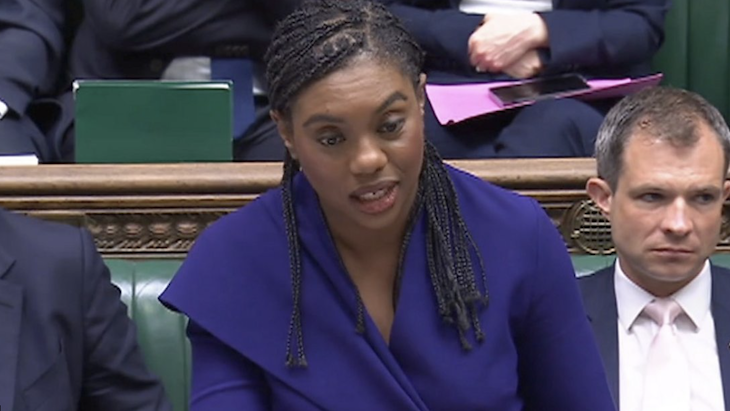Christ is risen. Lent is over, Eastertide has begun. With it, my Lenten fast – and that of millions of others – has also reached its natural conclusion. This year, I sacrificed every kind of sweet treat I could think of: cakes, chocolate, biscuits, jam, pastries, ice cream. In doing so, I found myself grappling with the significance of resisting temptation in a society that increasingly outsources its self-discipline.
Back in March, I knew the next 40 days and 40 nights would not be easy. That is why I chose to do it. Growing up, no dinner was complete without a dessert. My grandad’s puddings would have made Mary Berry blush. Thanks to my family of sugar fiends, I have a ridiculously sweet tooth.
As an adult, I regularly cave to my sugary cravings. I reward myself with Gü desserts to celebrate even the most menial of achievements. But I ended my fast this weekend without having once succumbed to temptation, and celebrated with a homemade pineapple upside-down cake.
My fast wasn’t easy. In a moment of weakness, I asked to smell a colleague’s slice of fruit cake. But Lent is nothing if not a period of resisting temptation and reflection. Yet I had more to digest than my fast’s greater spiritual meaning. Each time I declined dessert, I wasn’t just saying ‘no’ to temptation. I was wading into a much bigger public policy debate regarding how far the state should go in protecting us from our own desires.
One camp argues that we’re being pressured by an environment that is rigged against us and that the government must intervene to save us from ourselves and the food industry. The other believes that the policies already introduced have failed, and that we should be free to indulge as we please, even if it’s to our own detriment.
Bans on advertising, sugar taxes, placement restrictions, and even tobacco-style packaging have all been floated, couched in the language of protection and harm reduction. These are not fringe proposals. Some are already in operation. The Soft Drinks Industry Levy has been in effect since 2018. London Underground is now free of junk food ads, thanks to a policy adopted back in 2019.
But after over 40 days of living dessert-free in a city teeming with temptation, I can say this much: the environment is not the problem. The dessert section of the menu didn’t leap out at me. No rogue Mars bar found its way into my basket. Even the ads I did see – bright, brash, begging me to indulge – were powerless against my quiet, voluntary, and firm ‘no’.
My successful fasting had little to do with legislation and everything to do with intention. My reason was obviously religious. But at least it was mine. I was not coerced, taxed, or guilt tripped into declining dessert. I simply chose to.
Personal responsibility can work. Not always, not perfectly, but enough to matter. This can’t be legislated for. There is no policy that will stop a coworker from flaunting their fruit cake. At best, government policies can add friction. Sugar taxes don’t eliminate temptation, they make giving in more expensive. Bans do not inherently eliminate desire, they just deny it a specific outlet.
And why should dessert be denied, anyway? Sweet treats are one of life’s pleasures. A little indulgence is not a public health emergency. It’s part of being human.
Of course, there are very real consequences of overindulgence. We do have a serious obesity problem. However, if prevention is better than cure, we need to be honest about what that looks like. Sugar taxes and advert bans merely distract from tackling the underlying problem of a society that can no longer stand on its own two feet, both literally and figuratively.
By outsourcing our self-restraint to policymakers, we have surrendered our personal responsibility. Not everyone has my willpower, but policies that treat individuals like data points risk overlooking the very real capacity for personal change. Collective outcomes start with individual choices.
Cultivating a greater sense of personal responsibility can provide a far more powerful and sustained motivation for self-discipline than punitive pricing ever could. Public health policy should seek to build those qualities up, rather than presume them to be permanently absent.
Dessert is undeniably delicious. But I didn’t need it this Lent. Even in a world full of temptation, it is possible to resist when you want to. My own responsibility and spiritual motivation got me through. No ban, no tax, just a quiet and steadfast ‘no’. Sometimes, that is all it needs.







Comments